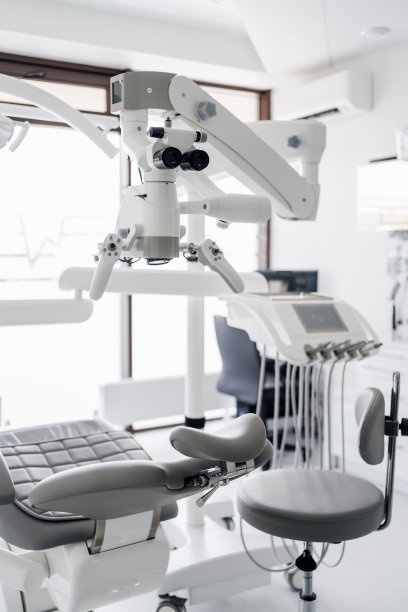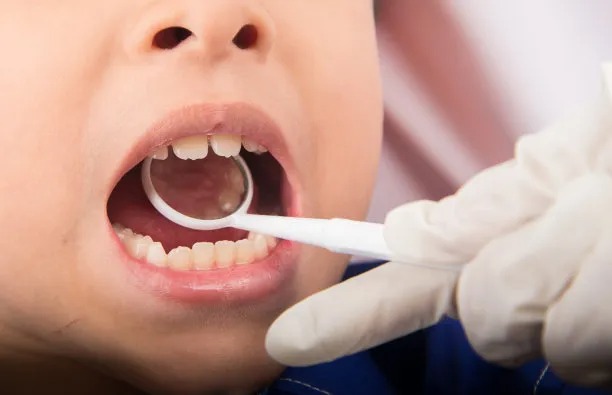Summary: Tooth extraction is an essential procedure within oral healthcare that serves various corrective purposes, impacting dental health and overall well-being. This article explores the vital process of tooth extraction, emphasizing its necessity when teeth are damaged, decayed, or misaligned. It outlines the various methods of tooth extraction, the recovery process, and the importance of addressing dental issues to prevent further complications. Hence, tooth extraction is not merely a last-resort action but a crucial aspect of maintaining one’s dental and general health.
1. Understanding Tooth Extraction and Its Reasons

Tooth extraction is a dental procedure performed to remove a tooth from its socket in the bone. This process may be required for several reasons, primarily when a tooth has sustained significant damage due to decay or trauma. In such cases, saving the tooth may be impossible, making extraction the only viable solution to relieve pain and prevent infection.
Additionally, orthodontic treatment may necessitate extraction. In certain instances, overcrowding can hinder the proper alignment of teeth and jaws. Extracting one or more teeth can create space, enabling more effective orthodontic modifications and enhancing the overall alignment of the dental arc.
Lastly, the presence of impacted teeth, particularly wisdom teeth, often calls for extraction. Impacted wisdom teeth can lead to complications such as pain, infection, or damage to adjacent teeth. Thus, early intervention through extraction is critical to mitigating potential issues.
2. The Extraction Procedure Explained
The extraction procedure starts with a thorough evaluation by a dentist who typically performs necessary imaging such as X-rays to assess the tooth’s condition and its relationship with surrounding tissues. Following the assessment, the dentist outlines a treatment plan that may involve local anesthesia, sedation, or general anesthesia, depending on the complexity of the extraction.
The actual procedure involves the dentist loosening the tooth using specialized instruments. For a simple extraction, the tooth is usually visible above the gum line. However, surgical extraction may be necessary for teeth below the gum line, which requires incisions in the gums to facilitate the removal.
Upon completion of the extraction, the dentist will provide instructions for post-operative care, emphasizing the importance of rest, management of pain, and maintaining oral hygiene to promote healing and prevent complications.
3. Aftercare and Recovery Process
The recovery process post-extraction is crucial for ensuring proper healing and minimizing discomfort. Patients are often advised to use ice packs on the affected area to reduce swelling and experience various amounts of bleeding, which are normal following the procedure.
Understanding what to expect during recovery can significantly impact a patients well-being. It’s vital to maintain a soft food diet for a few days, avoiding hard, chewy, or hot foods that can irritate the extraction site. Additionally, it is essential to keep the mouth clean, carefully following the dentist’s instructions regarding oral hygiene practices.
If complications arise, such as persistent pain or swelling after a few days, patients should contact their dentist. Regular follow-up appointments may also be advised to ensure that healing is proceeding as expected, addressing any issues promptly to prevent further complications.
4. Importance of Tooth Extraction for Overall Health
Tooth extraction plays a vital role not just in dental aesthetics but overall health as well. Infected or decayed teeth can lead to systemic issues, including heart disease and diabetes, highlighting the need for timely dental intervention. Extracting problematic teeth can eliminate the source of infection, thereby enhancing the individual’s overall health.
Moreover, maintaining a healthy mouth can reflect positively on mental well-being. Many people feel more confident and socially engaged when they have a healthy and attractive smile. Consequently, tooth extraction serves as a significant step in restoring confidence through corrective measures in dental issues.
Additionally, understanding and recognizing the link between oral health and total body health is crucial. Preventing dental problems through timely extractions can lead to fewer invasive treatments in the future, promoting long-term well-being.
Summary:
Tooth extraction, while often seen as a daunting prospect, is an essential procedure that ensures not only dental health but overall well-being. It addresses various dental issues, facilitating recovery and enhancing one’s quality of life. Ignoring dental concerns can lead to severe health ramifications; hence, timely intervention through extraction proves vital.
This article is compiled by Vickong Dental and the content is for reference only.
Vickong Dental
Vickong Dental is a large medical group established in Hong Kong in 2008 by professors from well-known medical universities in Guangdong and Hong Kong, as well as medical doctors from key national '985' universities (including Master's supervisors and senior professors). The chain of branches brings together expert dentists with PhDs and Master's degrees from Hong Kong and Mainland China, committed to providing high-quality dental treatment.
"Vickong Dental Practices the University Motto of 'Healing and Serving Society,' with a Stable Operation for Sixteen Years. It Has Been honored with Hong Kong Enterprise Leaders's Choice,' and is a Global Trusted Implant Center for the Nobel Implant System. Recommended by Hong Kong Metro Broadcast and Guangdong Television, it Serves Customers from Over Thirty Countries and Regions, Gaining the Trust and Favor of Citizens from the Guangdong-Hong Kong-Macau Greater Bay Area and Surrounding Cities.

Thousands of customers' unanimous praise
The most recognized and highly recommended dental service by customers in the Guangdong-Hong Kong-Macau Greater Bay Area
We Ensure You Receive Detailed Care and Attention Here
Hong Kong standards, Shenzhen prices, Your Trusted English-speaking dentists

Vickong Dental Medical-Grade Instrument Disinfection Process
Vickong Dental Medical-Grade Instrument Disinfection Process

Vickong Dental Chain: A Warm and Comfortable Environment for Treatment






Appointment Hours

Q&A
Why choose Vickong Dental?
Vickong Dental practices the university motto 「Medicine to Benefit Society」, with each branch bringing together highly qualified dentists with doctoral and master’s degrees from Hong Kong and the Mainland, and has maintained seventeen years of steady operation。Recipient of 「2024 Hong Kong Enterprise Leaders Brand」, 「2025 Hong Kong Enterprise Leaders Brand」, a Nobel Biocare Global Trusted Implant Center, and a brand recommended by Metro Radio Hong Kong and Guangdong TV。
To date, we have served customers from more than thirty countries and regions,earning exceptionally high word-of-mouth recognition and trusted recommendations from residents across the Guangdong-Hong Kong-Macao Greater Bay Area and surrounding cities
We have eight major branches in Zhuhai、Shenzhen,and a consultation and service assurance center in Hong Kong,so you can book a free consultation at any time for any questions,which is very reassuring.
If I do not accept the quotation after the CT scan, will I be charged??
No! As long as the actual treatment has not started, you will not be charged any fees.
Will there be any additional charges during the treatment process?
No, there won’t be any additional charges. Before treatment begins, we will clearly explain the treatment plan and its corresponding fees. Only after the patient agrees and signs the consent form will we proceed with the dental service.
Can I pay in Hong Kong dollars?
Yes. Vickong Dental accepts payment in Hong Kong dollars. The amount will be converted based on the exchange rate of the day, and the applicable rate will be clearly communicated to you in advance.
Can I reschedule my appointment at any time?
Yes. Please contact us via **WeChat** or **WhatsApp** as early as possible, providing your original appointment time and details, along with your preferred new date and time slot for rescheduling.













